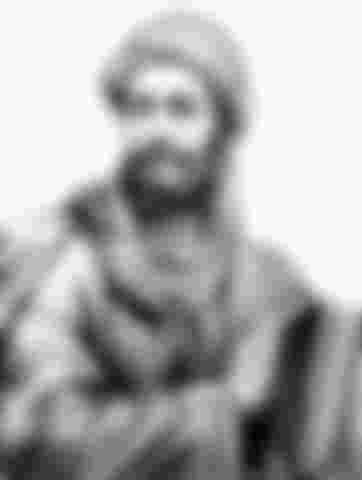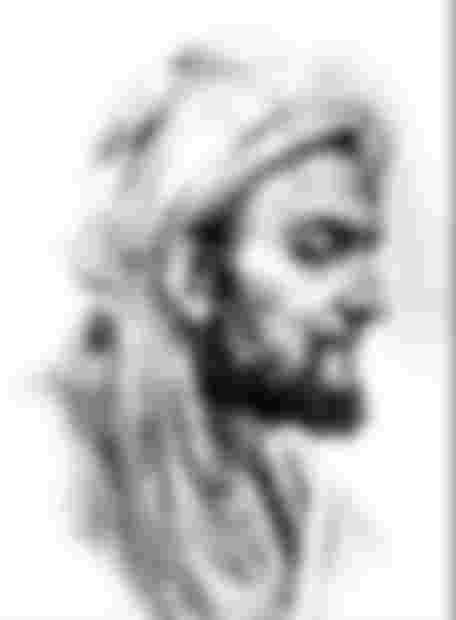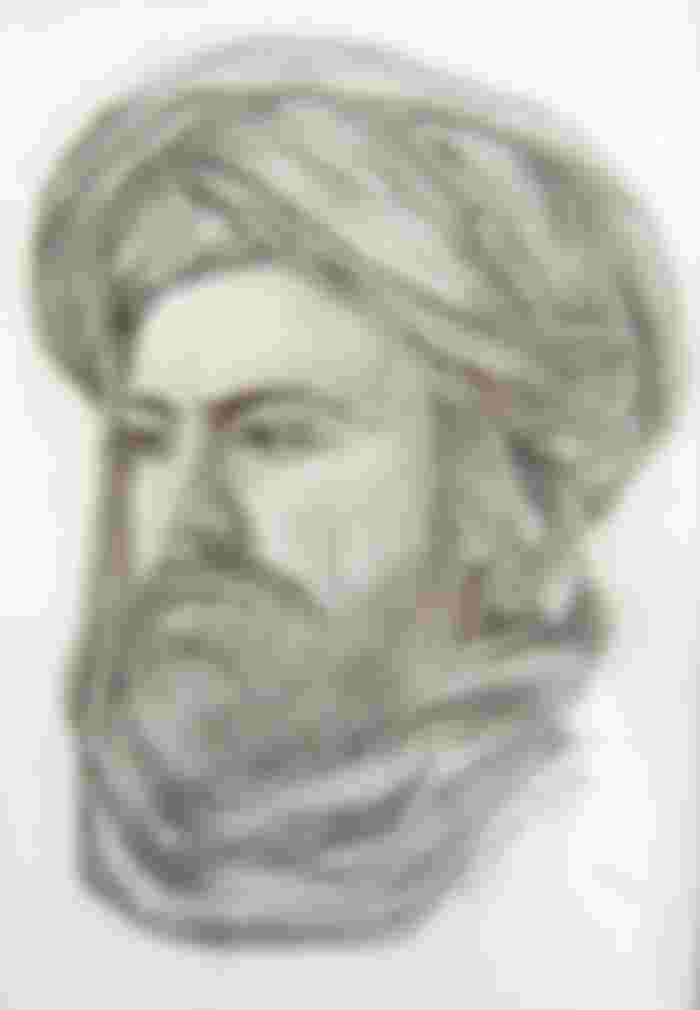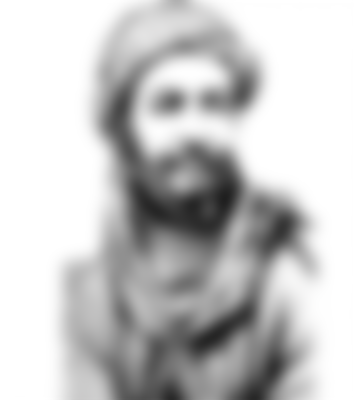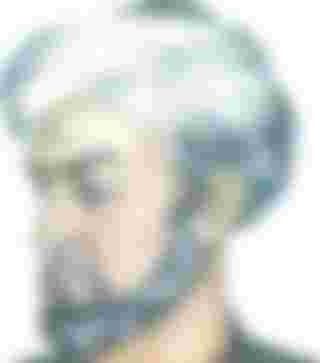Who is Ibn Sina?


Who is Avicenna? Avicenna is a scientist, physician and philosopher. He was born in 980 AD and died in 1037. He had many contributions and authored many books. He is considered one of the most influential philosophers in the Middle Ages. Through our next article, we will provide you with all the information about Avicenna and the most important his achievements
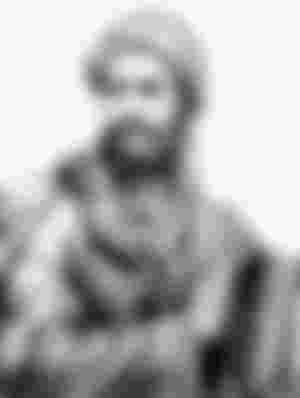
Ibn Sina, whose name is Abu Ali Al-Hussein bin Abdullah bin Sina, has a wide reputation in the Arab world because of his contributions to philosophy, medicine, geology and many other fields.
Avicenna is the author of Kitab al-Shifa, the greatest philosophical and scientific encyclopedia.
Ibn Sina also authored the book “The Canon of Medicine” and this book is considered one of the most famous books on medicine.
His life was full of many wonderful achievements, he memorized the Qur'an at the age of ten. Ibn Sina learned logic at the hands of Al-Natili, and after that he surpassed his teacher.
Avicenna learned medicine at the age of 16 and quickly mastered it easily. It is said that when Sultan Bukhari was ill, Avicenna was invited to treat the Sultan and in appreciation of Avicenna's gratitude, the Sultan opened the Samanid Royal Library for him.
There are many works of Ibn Sina on mathematics, physics, astronomy, geometry, music, poetry and language.
The climate of the state of Isfahan, characterized by stability and security, helped Ibn Sina to complete his book “The Book of Healing,” and he also wrote the Book of Salvation and the Book of Knowledge.
One of his qualities was that he was free-witted, learned the Qur'an and literature at the age of ten. Optimistic in all stages of his life because of his association with his country of origin. The first person to follow the method and method of Galen and Icrates.

Ibn Sina's works:
The Book of Al-Shifa is one of his most important works. This book contains four parts on physics, logic, mathematics, and metaphysics.
Avicenna made one subject of knowledge, in the physics department about eight major sciences such as weather, plants, animals, psychology, minerals, cosmic bodies and general principles were discussed.
He viewed logic as an instrument of philosophy, and Avicenna agreed with al-Farabi and al-Kindi and openly used Stoic and Platonic doctrines.
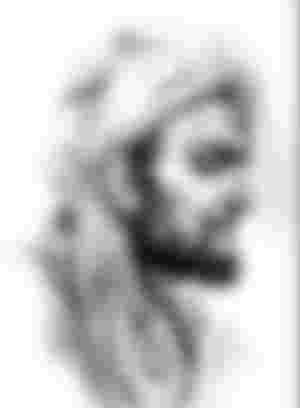
Avicenna's character:
It is said that Avicenna was a depressed and lonely character and his efforts to promote himself were thwarted by his introverted nature.
European educational thought, and the combination of Avicenna's Platonic and Aristotelian thought, helped make him one of the greatest minds after Aristotle. The British philosopher Flo said of him, “He is one of the greatest thinkers who wrote in Arabic
On Medicine: The information in Avicenna's Canon of Medicine was used to introduce students to the basic principles of science. Physician William Osler described him as “the author of the most famous medical book of all time. The great scholar Ibn Sina had an impact on the whole world even after his death and it is said that many visit his grave and some of them are cured.
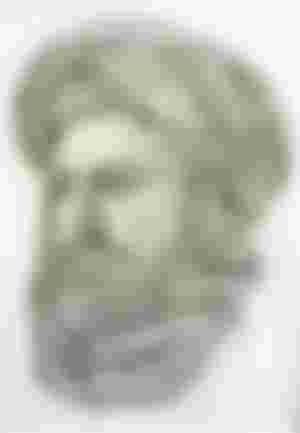
Avicenna and Philosophy:
Ibn Sina was famous in philosophy as well as in medicine, as he was a brilliant philosopher who translated Greek philosophy into Arabic
His philosophical ideas were based on Islamic philosophy and his works and writings were published in European universities
European university philosophers described Ibn Sina's works and writings as having clear meaning and with a strong, integrated and detailed logic.
The Book of Al-Shifa by Ibn Sina is one of the most prominent and famous philosophical books. Ibn Sina linked philosophy and medicine with psychotherapy and physical therapy. Psychotherapy is important for curing physical diseases
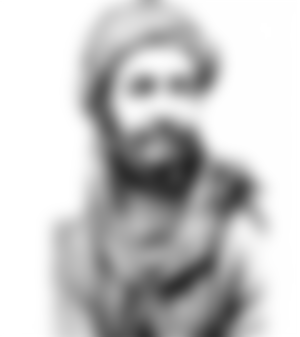
Ibn Sina's Achievements:
The nickname of the scientist Ibn Sina is “Aristotle of Islam.” The secret behind the development of his research is that he used to study and discuss them with the eye of criticism and analysis.
The great scientist Ibn Sina was able to observe the passage of Venus through the circle of the sun's disk with the naked eye. He made a device for observing the stars, and Ibn Sina worked in the field of observation, and he authored many books related to observation, such as the Book of Total Meteorology and the Message of the Observational Machine.
He also authored several books such as the book invalidating the provisions of the stars and the book on how to observe and its conformity to natural science.
He has many studies and research in the field of geology, such as earthquakes, minerals, mountains, how clouds are formed, and how rainbows, heat and snow are formed.
The number of books written by Ibn Sina is about 200 books. He has authored many books in the fields of biology, astronomy and geology, in addition to authoring many books in the fields of mathematics, medicine and natural sciences.
Ibn Sina is considered the first to introduce psychotherapy to the medical world. He explained the diseases that people are exposed to, such as jaundice and bladder stones, in addition to explaining the method of preparing sulfur acid and alcohol and extracting many medicines.
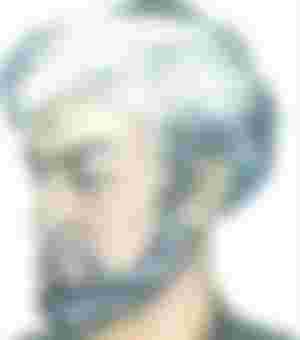
The anniversary of Ibn Sina:
George Sarton described him as one of the greatest thinkers and medical scientists in history. The title of Ibn Sina “He is one of the most famous Muslim scholars and the most famous scholars in all places and eras. In Western medicine, he is called one of the most prominent historical figures with contributions in the field of medicine and the European Renaissance. Also in Iran, it is mentioned that Ibn Sina is a national symbol and there are many statues of him in Iran. At the University of Paris his portier at the Faculty of Medicine is named after him. In the state of Hamadan, Iran, there is a university named after “Avicenna University”

Ibn Sina's death:
In Isfahan he fell ill and it was said that he would get sick for a week and recover for a week. He used to take a lot of medicines and his illness worsened. Then he died in 1037 and was buried in Hamadan. It is said that he freed his slaves and gave his money to the poor when he was seriously ill

Now that I have finished writing my article, I thank my friend for reading and thank the sponsors who always support me


